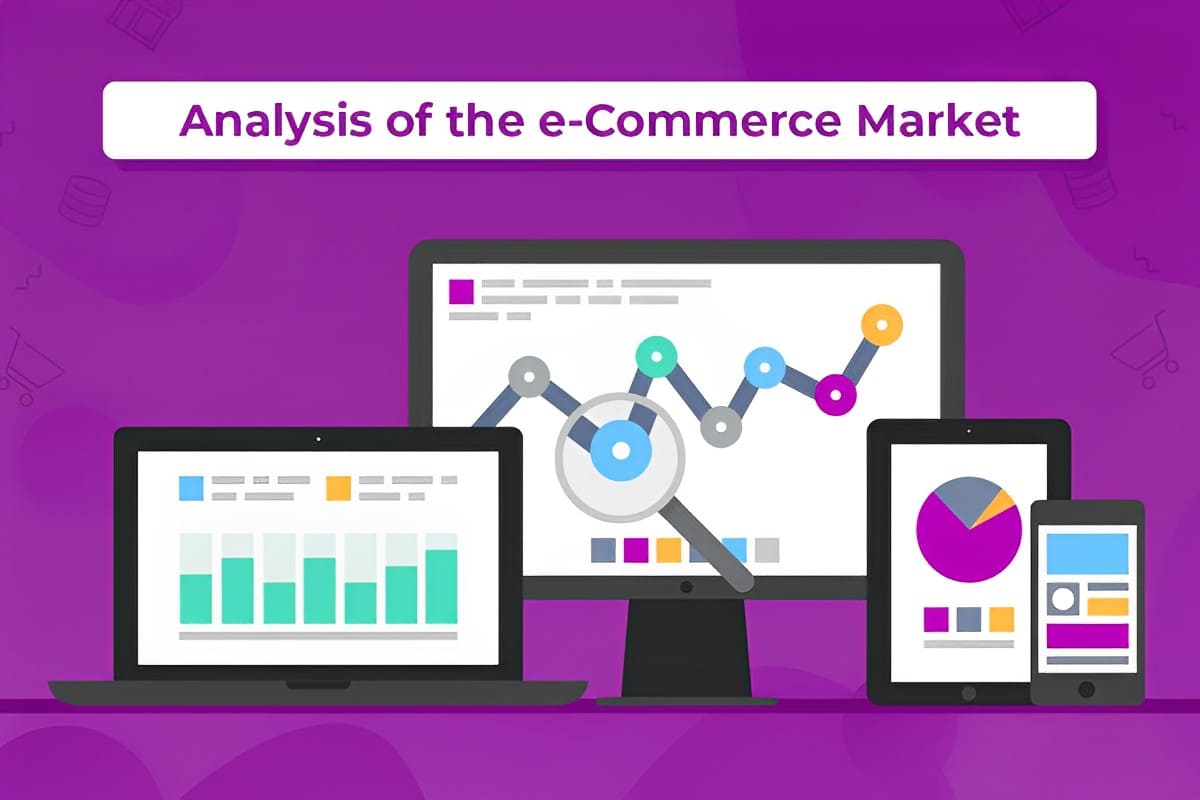
The e-Commerce industry has grown tremendously over the past decade, and its market size has been increasing rapidly. With the increasing number of consumers switching to online shopping, the e-Commerce industry is projected to grow even further in the coming years. In this article, we will provide a comprehensive analysis of the e-Commerce market size and its implications for businesses.
Overview of the e-Commerce Industry
The e-Commerce industry is a rapidly growing sector of the retail industry. It involves the buying and selling of goods and services online through various channels, including websites, social media, and mobile applications. The e-Commerce industry is a global industry, and its market size has been increasing rapidly in recent years. In 2021, the e-Commerce market size is estimated to be around $4.2 trillion globally, and it is projected to reach $6.4 trillion by 2024.
Factors Driving the Growth of e-Commerce Market Size
There are several factors driving the growth of the e-Commerce market size, including:
1. Convenience: Online shopping offers convenience to consumers as they can shop from anywhere and at any time. The availability of 24/7 shopping has led to an increase in the number of consumers switching to online shopping.
2. Price: Online shopping allows consumers to compare prices from different sellers and get the best deal. This has led to an increase in the number of consumers who prefer to shop online.
3. Security: The e-Commerce industry has implemented various security measures to protect consumer data, which has increased consumer trust in online shopping.
4. Mobile Commerce: With the increasing use of mobile devices, mobile commerce has become a significant driver of e-Commerce growth. Mobile commerce allows consumers to shop from their mobile devices, which has made online shopping even more convenient.
Implications of e-Commerce Market Size for Businesses
The growth of the e-Commerce market size has several implications for businesses, including:
1. Increased Competition: The e-Commerce industry is highly competitive, and with the increasing market size, the competition is expected to increase further. Businesses need to adopt effective marketing strategies to stand out in the crowded e-commerce space.
2. Need for a Strong Online Presence: With the increasing number of consumers switching to online shopping, businesses need to have a strong online presence to capture the growing market. This includes having a user-friendly website, social media presence, and mobile application.
3. Focus on Customer Experience: In the e-Commerce industry, customer experience is critical. Businesses need to focus on providing a seamless and hassle-free shopping experience to consumers to build customer loyalty.
4. Importance of Data Analytics: With the increasing volume of data generated by e-Commerce transactions, businesses need to adopt data analytics to gain insights into consumer behavior and preferences. This can help businesses to personalize their marketing strategies and improve the customer experience.
Conclusion
The e-Commerce industry is a rapidly growing sector of the retail industry, and its market size has been increasing rapidly. The growth of the e-Commerce industry has several implications for businesses, including the need for a strong online presence, focus on customer experience and adoption of data analytics. As the e-Commerce industry continues to grow, businesses need to adopt effective marketing strategies to stand out in the highly competitive e-Commerce space.
